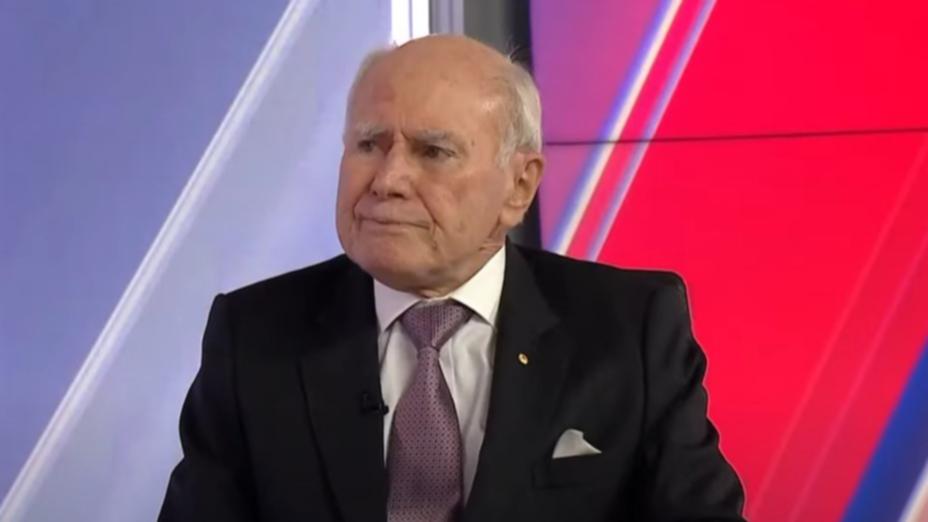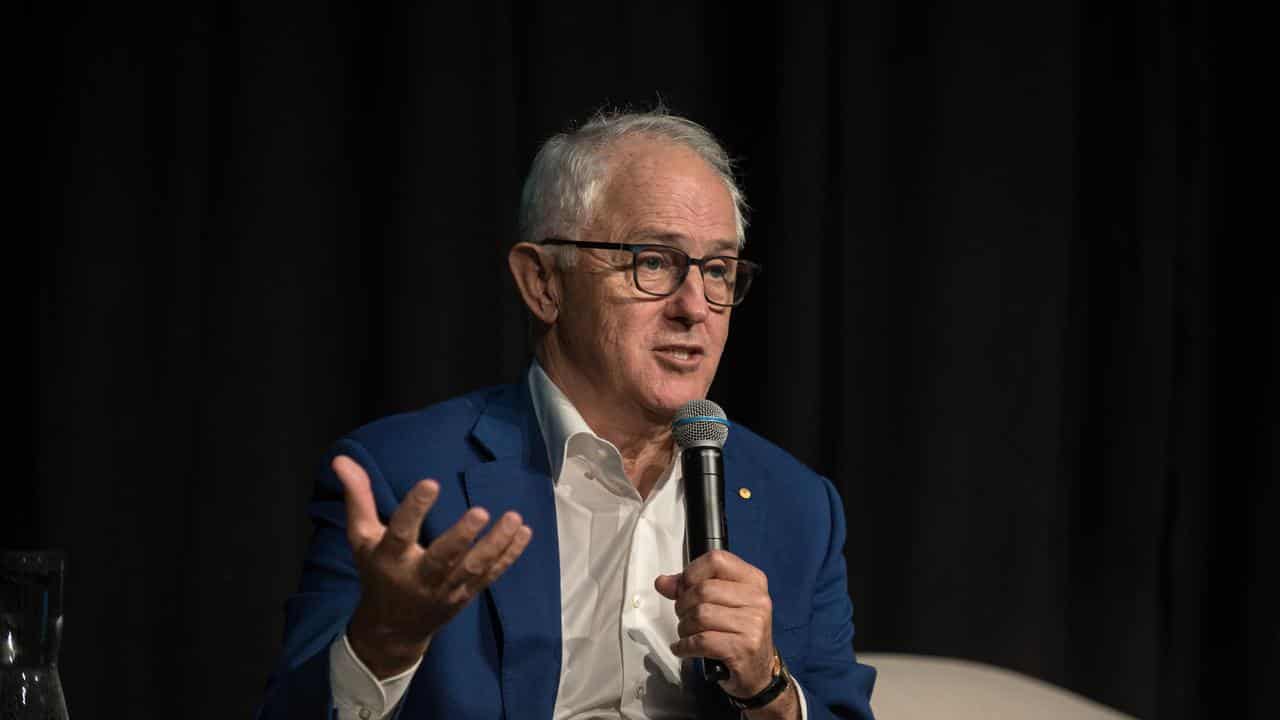Does the PM need Dutton to secure the Voice?

Should the PM continue to encourage his opponent to sign up for a bipartisan campaign when Dutton can’t guarantee a united Coalition position? That will depend on whether Dutton is serious when he says he wants to see what the government is planning.
Loading
Albanese could cut to the chase, and publicly call on Dutton to choose between accepting the government’s mandate or campaigning against the Voice. If he thinks Dutton can’t unite the Coalition, or doesn’t really want to, will it help or hinder the Yes case if Albanese paints him as a wrecker?
A pre-emptive strike carries obvious risks. It assumes that a divisive debate is unavoidable. Albanese would walk into the trap that Indigenous leader Noel Pearson wants all white politicians to avoid, of making the referendum a test of their own identity as white Australians.
As Pearson explained in the first of his Boyer Lectures for the ABC last week: “A large part of the conflagration in these past 50 years, since racism became unacceptable in the 1960s, is the fight between progressive and conservative Australians over race and Aboriginal people. Aboriginal people are the subjects of this fight, but they are not its prime protagonists. This is what is now the culture war between liberals and conservatives in the United States and progressives and conservatives here in Australia. That we have followed the Americans in this is unfortunate but not surprising.”
Pearson has Albanese’s ear, and the prime minister will have noted the opening of the lecture was directed to him personally: “We know the nation’s leader must be joined by all his counterparties in the federal parliament, and in the parliaments of the states, and communities across the country – but our hearts are hopeful.”
But the question of Albanese’s approach to Dutton applies equally to Pearson’s own dialogue with the opposition leader. Dutton generously quoted Pearson in his speech at the opening of the 47th parliament in July.
Illustration: Simon LetchCredit:
Successive Liberal leaders since John Howard have borrowed Pearson’s formulation of Australia having three parts – an ancient heritage, a British inheritance and multicultural achievement. Each, in his way, has avoided the conclusion that Pearson wanted them to draw, that Australia is incomplete without the empowerment of Indigenous Australians. Will Dutton break the habit of his predecessors, and accept what Pearson is actually saying, or will he join the list of conservatives who let him down?
“These three stories will make us one: Australians,” Pearson said in his Boyer Lecture. “Constitutional recognition of Indigenous Australians is not a project of identity politics, it is Australia’s longest standing and unresolved project for justice, unity and inclusion.”
Note that whenever Dutton is asked about the Voice, he switches the topic. Consider the following exchange with the ABC’s Sarah Ferguson on 730 in August:
Loading
Dutton: Noel Pearson obviously has put forward a thoughtful piece to consider in relation to the Voice and he and other Indigenous leaders have done a lot of work on this and from my perspective …
Ferguson: But what about you, Peter Dutton?
Dutton: From my perspective, I want to respectfully listen to the arguments because I think reconciliation is important. I also think the practical assistance to kids in those communities …
Professor Marcia Langton sits alongside Pearson in the government’s working group on the Voice, and was the co-author of the report to Scott Morrison’s government on a model for its implementation. She sees Dutton’s repeated calls for a royal commission into sexual abuse of Indigenous children as a “divisive strategy”. “I think it’s entirely unnecessary, and inappropriate,” she told 730. The solutions had already been identified in the 2007 Little Children Are Sacred report, co-authored by Pat Anderson.
The Voice is central to Labor’s mandate, along with climate action and an integrity commission. It was the very first thing Albanese mentioned in his victory speech.
Dutton accepted he could do nothing to stop Labor’s emission-reduction target, and has been willing to negotiate in good faith on an integrity commission. Why does he insist his agenda for a royal commission sit alongside the Voice, when Indigenous leaders are opposed to the mixing of the two? Is he preparing an excuse to campaign for the No case?
The question then returns to Albanese. Does he really need Dutton?
If this were any other issue, a newly elected government, facing a demoralised opposition that just suffered its worst defeat since the formation of the Liberal Party, would insist that the will of the people be respected.
But Albanese has a visceral memory of the last time Labor was in power. He was a cabinet minister when a global shock denied Kevin Rudd’s government the clear air to deliver it key election policy on climate change. Rudd had a mandate for an emissions trading scheme, and an opponent in Malcolm Turnbull willing to negotiate. But the global financial crisis of 2008-09 ate up a year of the government’s first term, leaving it too little time to develop the ETS and sell it to the community.
Labor people prefer to recall the double-cross of the Greens, who sided with Tony Abbott after he rolled Turnbull for the Liberal leadership. But action on climate change died because Rudd left it to last.
Paul Keating delivers his landmark Redfern Speech in 1992.Credit:Kylie Anee Pickett
The counter-example from Labor’s glory days of reform is Paul Keating’s Mabo legislation in 1993. He devoted the first year of his term to its delivery, even though the early 1990s recession still cast its shadow with double-digit unemployment.
But the Keating method carries its own danger. What if the electorate turns selfish in a downturn and sees the Voice as an elitist pursuit that won’t put food on the table for the battlers? Dutton may well make this argument next year, which is why Albanese might want to call his bluff beforehand.
The Opinion newsletter is a weekly wrap of views that will challenge, champion and inform your own. Sign up here.




